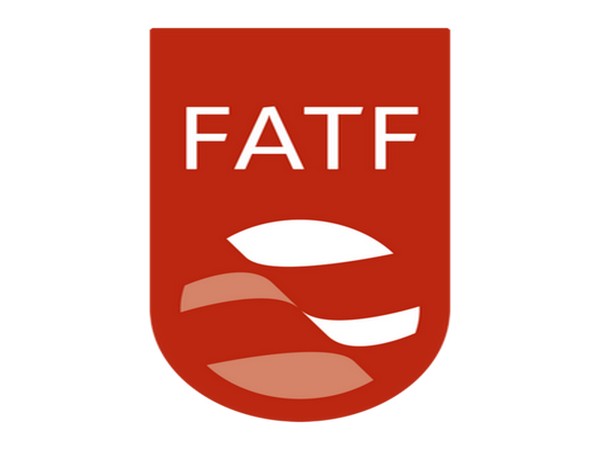By Dan Byrne for AMLi
THE AGENCY RESPONSIBLE FOR regulating banks across Europe now has its own dedicated AML/CFT unit, and its acting chief has said that it signals how seriously her organisation is taking the fight against financial crime.
On 1st June, the European Banking Authority (EBA) launched the unit after months of build-up.
Acting head Carolin Gardner – Senior EBA Policy Expert for Innovation, Conducts and Consumers – will oversee its efforts to fulfil a mandate handed down by EU legislation in January 2020.
“We’ve been building up a team over the last year, and now it has come into its own,” she said in an exclusive interview with AMLintelligence. She stressed that the formation of the unit reflected “the importance that the EBA affords to AML/CFT.”
She described the new unit as small, but a mix of various skillsets and backgrounds. About half of the team used to work for competent authorities. Others come with law enforcement, research and private sector experience.
The development comes alongside news that EBA is pushing ahead with ambitious plans for its system of AML ‘colleges’ – some of which are already up and running.
Anti-money laundering ‘colleges’ – which are essentially networks of supervisors – have seen great success since their implementation, and now there are plans to increase their numbers substantially in the next year.
“I would say it’s a game-changer,” she said.
WHAT IS AN AML/CFT COLLEGE?
AML colleges are intended to bring supervisors from different jurisdictions together in a communication network – whenever they find themselves supervising the same financial institution, or a subsidiary if one exists.
They are case-by-case entities, changing in size and scope depending on the institution.
Some institutions with more localised presences may lead to colleges with as few as two authorities participating. Others, for more global institutions, could have twenty or more.
The EBA has said that the colleges are there to “support the development of a comprehensive view of ML/TF risks associated with the financial institution and adjust their supervisory approach where necessary.”
It is ultimately intended that colleges will foster cooperation on a daily basis, rather than just relying on periodic meetings to exchange information.
Each college has permanent members (of which one will act as “lead supervisor”) and observers.
The setup of AML colleges stems from guidelines published in December 2019.
A previous EU AML directive required competent authorities to cooperate but provided no framework for this in practice. The guidelines were meant to address this, setting out a path for collaboration in the form of colleges.
“Based on what we have observed already – and we are members of colleges, so we see first-hand what’s going on in those colleges – it’s a very tangible difference that they make in terms of AML/CFT supervision.”
Meanwhile on the wider scene, it’s all eyes on the European Commission ahead of an official anouncement expected in July.
Commissioner Mairead McGuinness is expected to unveil a thorough roadmap of Europe’s AML future, including the long-discussed single rulebook and supervisor – a huge departure from the member state-based systems of before.
So far, the Commission is approaching these plans largely in line with what the EBA had hoped for, Gardner suggested.
Commissioner McGuinness has already revealed several key details about how those plans will look, chief among them the commitment that the EU-level supervisor would work alongside national authorities rather than replacing them.
And this idea seems to be going down well with the EBA, with Gardner summarising it as a “very sensible proposal.”
Share this on:
Follow us on:








